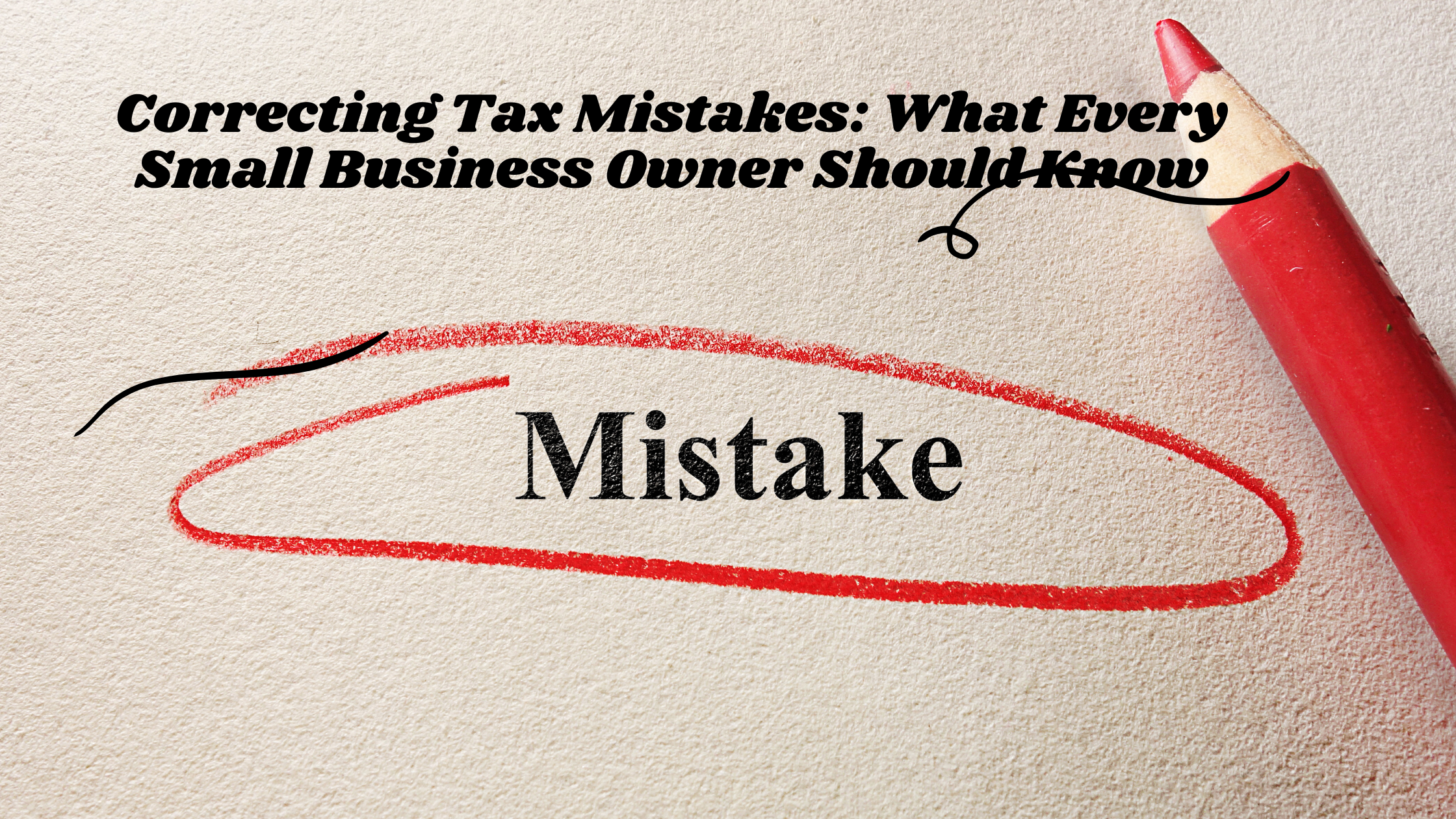What To Do if You Missed the Tax Deadline
Tuesday, April 18, 2023, was the deadline for most taxpayers to file their income tax returns. If you haven’t filed a 2022 return yet, it’s not too late.
First, gather any information related to income and deductions for the tax years for which a return is required to be filed, then call the office. If you are owed a refund, the sooner you file, the sooner you will get it. If you owe taxes, you should still file and pay as soon as you can, because it will stop the accrual of interest and penalties.
Are You Eligible for Penalty Relief?
Some taxpayers filing after the deadline may qualify for penalty relief. Those charged a penalty may contact the IRS by calling the number on their penalty notice and explaining why they couldn’t file and pay on time.
For 2022 tax returns due April 18, 2023, some taxpayers automatically qualify for extra time to file and pay taxes due without penalties and interest, including:
- Some disaster victims. Individuals living or working in a federally declared disaster area have more time to file and pay what they owe.
- Taxpayers outside the United States. U.S. citizens and resident aliens who live and work outside the U.S. and Puerto Rico, including military members on duty who don’t qualify for the combat zone extension, may qualify for a two-month filing and payment extension.
- Members of the military who served or are currently serving in a combat zone may qualify for an additional extension of at least 180 days to file and pay taxes.
- Support personnel in combat zones or a contingency operation in support of the Armed Forces may also qualify for a filing and payment extension of at least 180 days.
- The military community can also file their taxes using MilTax, a free tax resource offered through the Department of Defense. Eligible taxpayers can use MilTax to file a federal tax return electronically and up to three state returns for free.
If You Don’t File, You May Miss Out on a Refund
Every year, more than 1 million taxpayers choose not to file a return and miss out on receiving a refund due to potential refundable tax credits, according to the IRS. The most common examples of these refundable credits are the Earned Income Tax Credit and the Child Tax Credit. For example, the IRS estimates nearly 1.5 million people did not file a tax return for 2019 and missed out on an estimated median refund of $893 (i.e., half of the refunds would have been more than $893, and half would have been less).
Taxpayers usually have three years to file and claim their tax refunds. If they don’t file within three years, the money becomes the property of the U.S. Treasury. However, the three-year window for 2019 unfiled returns was postponed to July 17, 2023, due to the COVID-19 pandemic emergency.
How To Make a Payment
If you owe tax, there are several ways to make a payment:
Check, money order or cashier’s check. If you are paying along with filing your 2022 income tax return, you should not staple or paperclip the payment to the return. If you are paying an income tax liability without an accompanying income tax return, include Form 1040-V, Payment Voucher, with the payment. Mail the payment to the correct address by state or form. Indicate on the check memo line the specific tax year to which the IRS should apply the payment.
Direct Pay. For individuals, IRS Direct Pay is a fast and free way to pay directly from your checking or savings account.
Major credit card or debit card. There is no IRS fee for credit or debit card payments, but processing companies may charge a convenience or flat fee.
Cash Payments. Individual taxpayers who do not have a bank account or credit card and need to pay their tax bill using cash can make a cash payment at participating PayNearMe Company payment locations (places like 7-Eleven). Individuals wishing to take advantage of this payment option should visit the IRS.gov payments page, select the cash option in the “Other Ways You Can Pay” section, and follow the instructions.
What To Do if You Can’t Pay in Full
Taxpayers who cannot pay the full amount owed on a tax bill are encouraged to pay as much as possible. By paying as much as possible now, the interest and penalties owed will be less than if you pay nothing. However, if you continue to ignore your tax bill, the IRS may take collection action.
The IRS will work with taxpayers suffering financial hardship. Taxpayers with a history of filing and paying on time often qualify for administrative penalty relief. A taxpayer usually qualifies if they have filed and paid promptly for the past three years and meet other requirements.
Based on individual circumstances, a taxpayer could qualify for an extension of time to pay, an installment agreement, a temporary delay, or an offer in compromise.
Most taxpayers can set up a monthly payment plan or installment agreement that gives them more time to pay. However, penalties and interest will continue to be charged on the unpaid portion of the debt throughout the duration of the installment agreement/payment plan. You should pay as much as possible before entering into an installment agreement.
It is important to review all your options. For example, a credit card payment might make sense if the interest rates would be lower than the combination of penalties and interest imposed by the Internal Revenue Code. Don’t hesitate to call if you have questions about these options.
What Happens if You Don’t File a Past Due Return
It’s important to understand the ramifications of not filing a past-due return if taxes are due and the steps that the IRS will take. Taxpayers who continue not to file a required return and fail to respond to IRS requests for a return may be considered for various enforcement actions, including substantial penalties and fees.
Need Help Filing Your 2022 Tax Return?
If you haven’t filed a tax return yet, don’t delay. Call the office today to schedule an appointment as soon as possible. 




